Can Eco-Tourism Help Cape Town During Its Worst Ever Drought?
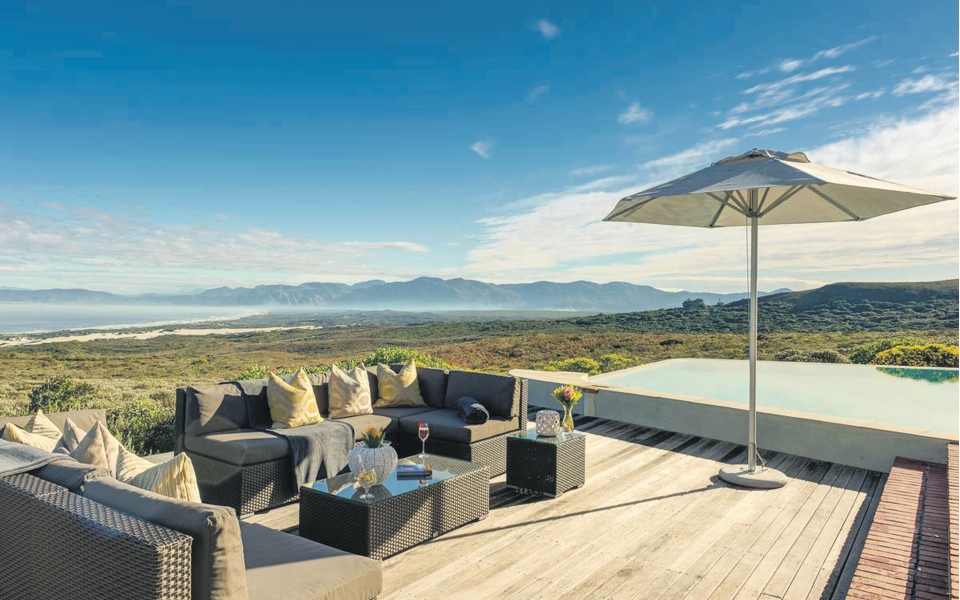
You wouldn’t suspect there was anything odd about the bathrooms at the Cape Grace hotel. Until, that is, you looked inside the tub. There, dangling uselessly from the porcelain, you’ll see a neatly snipped-off inch of chain that once held a bath plug. This plug, along with every other in the hotel, has vanished.
Clues as to their whereabouts were clear enough from the moment our plane touched down. A recorded announcement plays every few minutes on a loop around the airport. “Cape Town is experiencing a severe drought. There are water restrictions in place.” Giant posters at each terminal rally visitors to “save water like a local”, and taps are already turned off in the toilets.
The reservoirs of the Western Cape of South Africa have reached critically low levels. In one hundred and four days, Cape Town will be the first major city in the world to run out of water.
We hadn't bargained on the water crisis when we chose Cape Town for our winter escape, but we had chosen to stay in places that promote sustainable tourism. Given the city’s increasingly dire circumstances, that now seemed like a smart option.
So called “eco-tourism” is the top predicted travel trend for British holidaymakers in 2018. But while green-mindedness might carry connotations of hemp ponchos and roughing it under the stars, it’s the luxury-end of the industry that’s investing in (and profiting from) low- and no-impact travel.
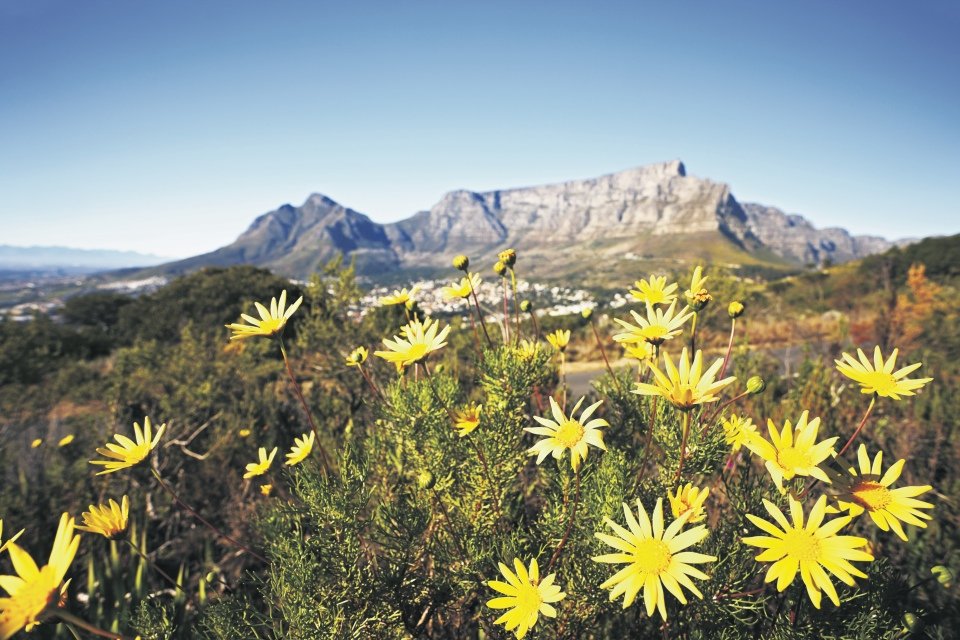
Our first stop was the elegant five-star Cape Grace hotel, set on a private quay next to the newly opened Zeitz Museum of Contemporary African Art (MOCAA) with Table Mountain as its magnificent backdrop. We are politely told that bath plugs have been taken out to save water and that showers should be kept to two minutes, military style. Do all of the guests comply? “Everybody has been very understanding,” the manager tells me, diplomatically. The hotel has also installed a ‘water from air’ machine which, as the name suggests, produces fresh, drinkable water from the atmosphere.
Cape Grace’s ethos is that guests should experience every possible indulgence and that it be achieved sustainably and responsibly, with a positive impact on the local community. From the complimentary wine-tasting with sommelier to a heavenly Kalahari massage in a spa overlooking the waterfront, to the exquisite Cape Malay-inspired five-course tasting menu, the hotel’s mission has been put to the test by the drought but I can confirm we felt, if anything, over-indulged.
A 30-minute drive and a world away from Cape Town is one of the country’s oldest wine farms, Spier. Its four-star hotel was the first in South Africa to be accredited by Fair Trade in Tourism. Surrounded by vineyards, verdant gardens and gabled buildings in the Cape Dutch style, it is an oasis of tranquility.
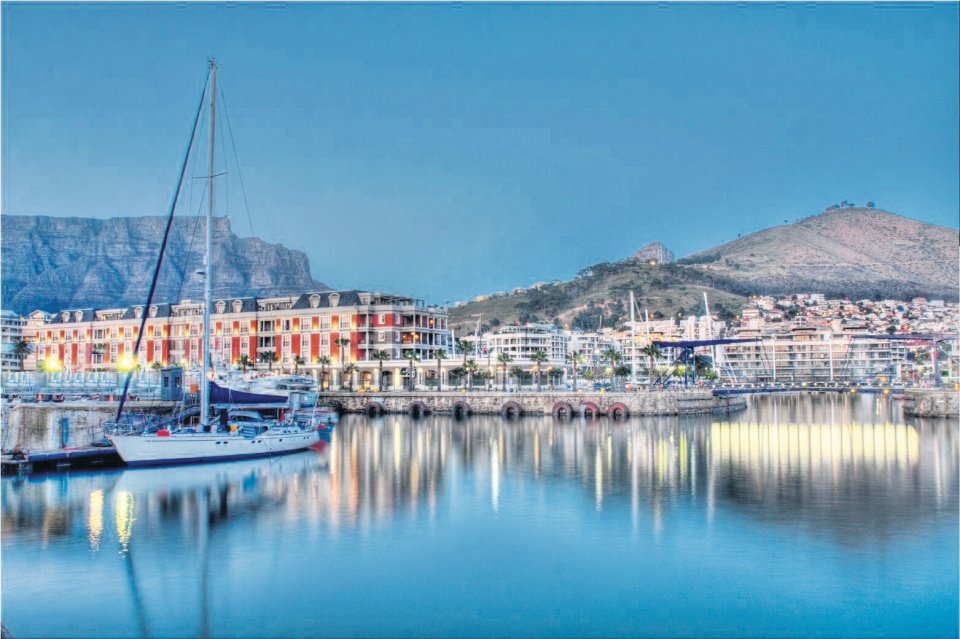
Foreseeing water shortages, the owners built an eco-treatment plant and now recycle 100 per cent of their water. (You can also, if you like, help conserve water by drinking more of their award-winning wine.)
The luxury Grootbos private nature reserve, close to the whale watching capital Hermanus, has played host to the likes of Brad Pitt, Jude Law and Ewan McGregor. With its own underground spring, the reserve is unaffected by the drought. The view that greeted us as we entered the main lodge took our breath away. Unspoilt, gorgeous heathland rolling down to the Indian Ocean, cradled by mountains.
We opt for a 4×4 flower safari and guided walk through the ancient Milkwood forest with its thousand year old trees. Grootbos lies in the heart of the Cape Floral Kingdom, a UNESCO World Heritage Site. Its fynbos shrubland with thousands of unique plant species is critically endangered.
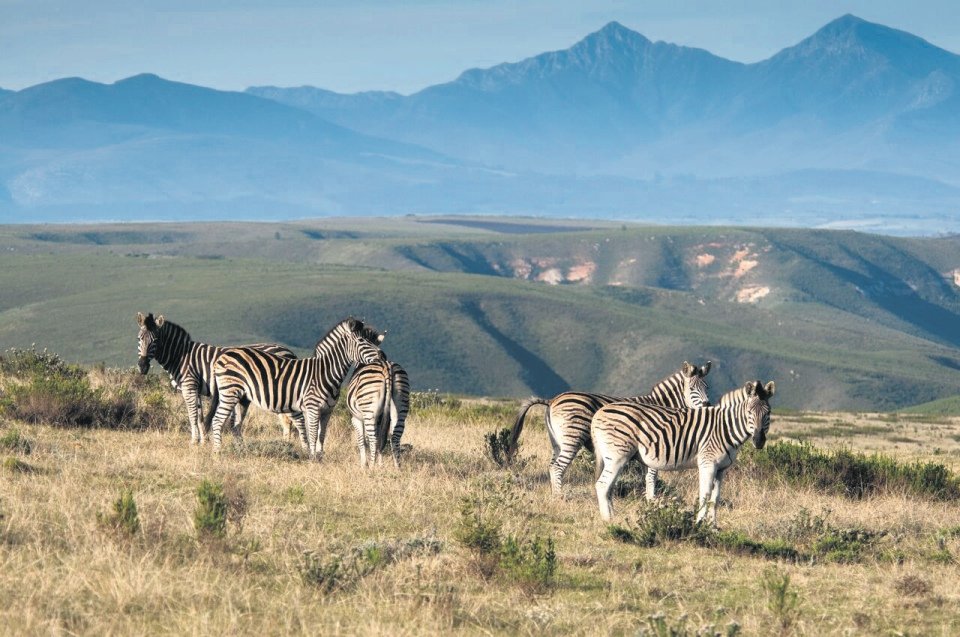
The Grootbos foundation runs extensive projects in conservation and transforming local communities. On its community farm, locals learn how to generate income from growing food. Its sports programmes have reached thousands and seen youngsters who grew up in segregated neighbourhoods start playing football together. The South African government has praised eco-tourism such as this as vital for the country’s growth.
Later we drive the four hours back to Cape Town, where locals are already stockpiling water. On the radio, people called in to share tips about flushing toilets.
It was starting to get dark by the time we drew up at Gondwana Game Reserve. Situated along the picturesque Garden Route, and also blanketed in fynbos, it is the biggest free roaming Big 5 game reserve outside of the Kruger National Park.
The next morning, we awake to mountains in every direction and are greeted by a dazzle of zebras traipsing past the front door of our hut (yes, that’s the collective noun, and yes, they do dazzle).
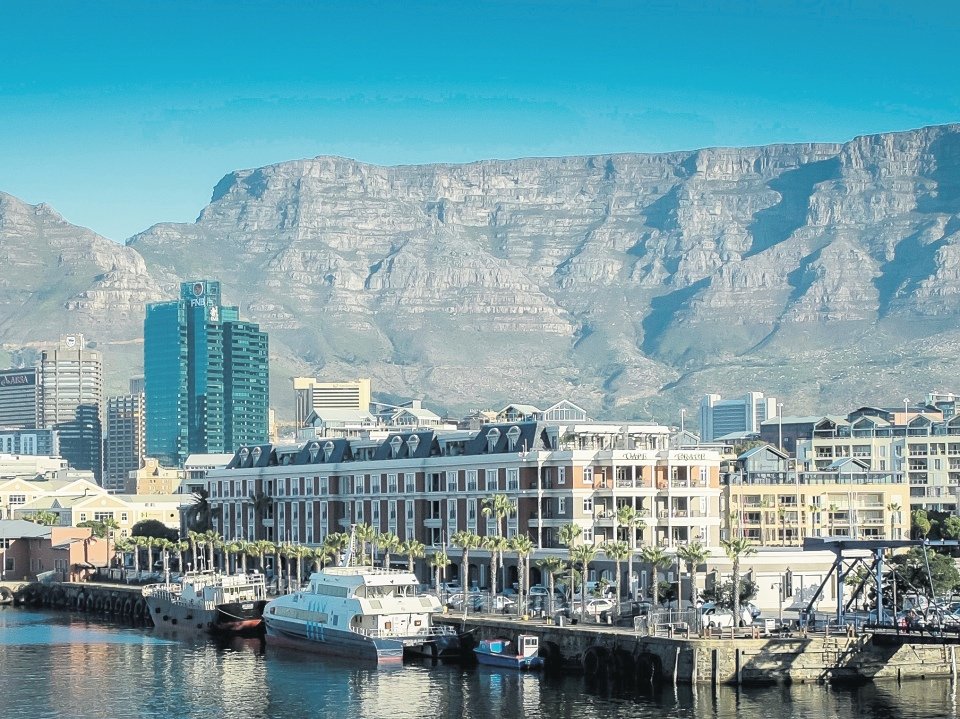
Guests can stay in the luxury dome-shaped thatched huts dotted around a swimming pool or become immersed in conservation work at the hugely popular tented eco-camp. Working with rangers, guests carry out essential research from tracking lions to helping re-wild cheetahs, to the less glamorous but still important analysing of elephant dung.
Weeks can go by without a lion sighting but on our early morning game drive we struck gold. As we pulled over to watch a lioness, there was a rustle beside us and a rampant-maned lion and his companion emerged from a bush, feet away from our open-topped jeep. They stood, locking eyes with us in a raw, primordial encounter that will be forever etched in my memory.
Later we drive the four hours back to Cape Town, where locals are already stockpiling water. On the radio, people called in to share tips about flushing toilets. Attempting to buy a bottle of water in a supermarket after 9am proved impossible.
Hotel Verde, built on reclaimed wetland next to the airport, is ideally placed for our early morning flight home. It is Africa’s greenest hotel and the only hotel in the world to get a double platinum rating from the US Green Building Council, whose Leadership in Energy and Environmental Design scheme is the most widely used rating system of its kind.
The jewel in the hotel’s eco-crown is its exquisite natural pool, with water filtered through rocks and plants, set among lush wetland. Sitting with a homemade organic smoothie in hand and feet dipped in the pool, it’s hard to believe the airport is a few hundred metres away. Guests are rewarded for eco-friendly efforts such as taking the stairs with ‘currency’ to spend in the hotel. For the more energetic, a gym workout claims to put electricity back into the grid.
Day Zero, when Cape Town’s taps run dry, has now been pushed back to early July, but the message from everyone I spoke with was hopeful. The city wants visitors to come, and eco-tourism is more important to its future than ever before.
For more info on Cape Grace visit capegrace.com
For Spier visit spier.co.za/hotel
For more info on Grootbos visit grootbos.com
For more info on Gondwana Game Reserve visit gondwanagr.co.za/
For more info on Hotel Verde visit hotelverde.com